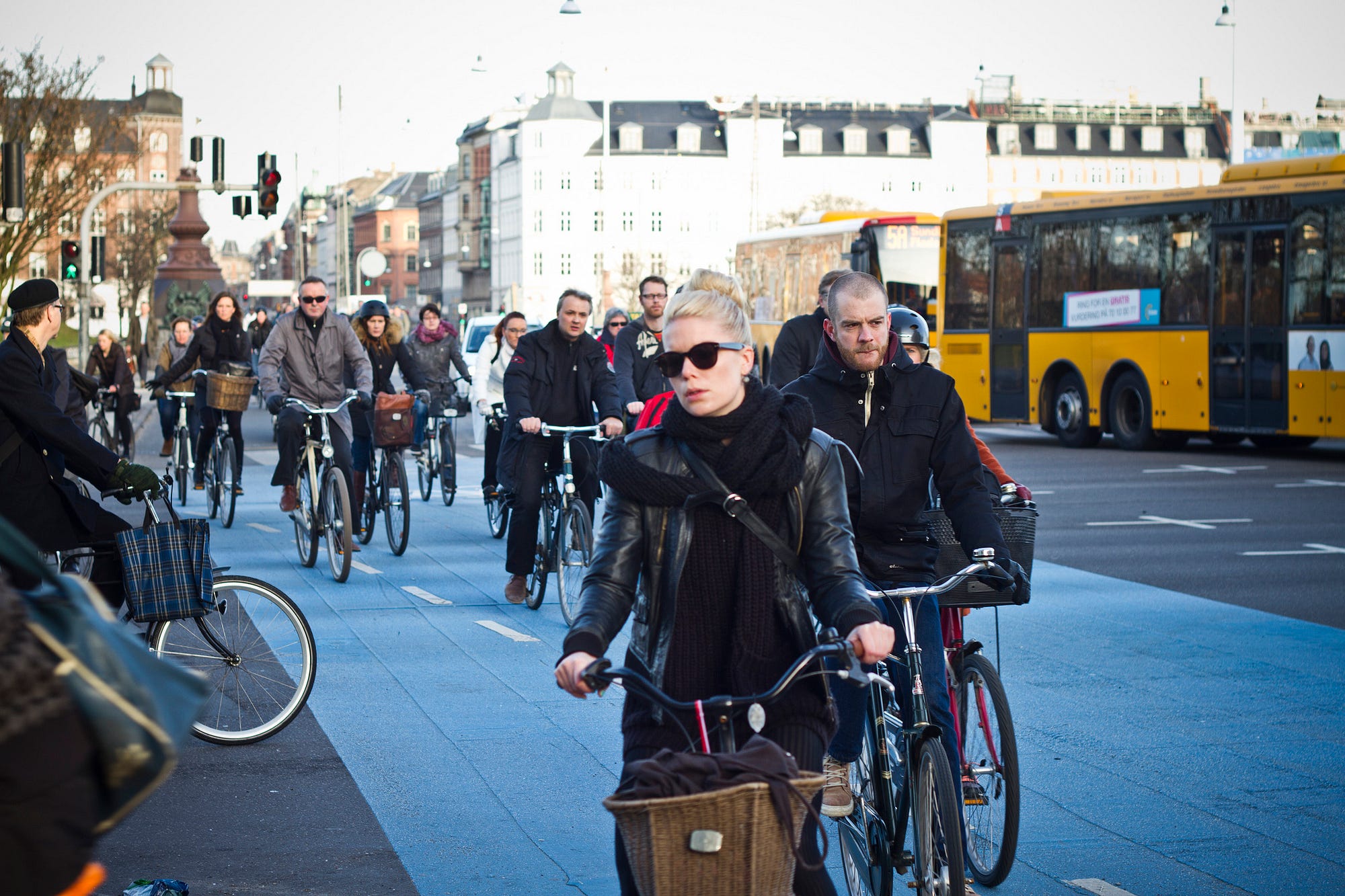Ο πόλεμος ενάντια στα αυτοκίνητα στο τέλος θα κερδηθεί – και αυτό θα είναι για τον κάθε ένα από μας καλό.
radical Urbanist

Cities taking back the streets (Οι πόλεις παίρνουν πίσω τους δρόμους)
The conflict between local governments and automobile lobbies is heating up around the world, but there’s good reason to be hopeful that officials will be successful in emphasizing the privileged place that pedestrians should have in cities. These measures aren’t so much being forced on motorists by hippy, left-wing governments, but are rather being demanded by a growing number of residents who want real alternatives to move around their cities.
Residents of Oslo, Norway elected a progressive city council in 2015 that immediately set out to ban cars from a section of the city centre — but it didn’t expect the backlash that followed. Conservative politicians and media lambasted the plan and the city’s trade association said it would created a “poorer city [with] less life” and would be “too much and too soon.”
The council wasn’t cowed by the criticism, however, and responded with a more gradual plan: instead of banning cars, it would remove all on-street parking and replace it with bike lanes and public spaces, before looking anew at the possibility of a ban in 2019. Even the trade association came onside with the updated plan; their communications manager saying that “the best thing would be to carefully change things street by street. Make every street a success, and then celebrate the transformation.”
This conflict hasn’t just arisen in European capitals. In November 2017, Toronto, Canada’s largest city, removed parking and banned most vehicle traffic on a section of King Street, one of the busiest streets in the downtown core, to prioritize streetcars. Soon after, a group of restaurant owners aligned with a pro-automobile politician claimed the pilot project was “killing business,” turning some in the city against the project, but as it continued, the data has challenged their claims.
Numbers released in February showed that streetcar ridership increased by 12,000 daily riders to 84,000 people, travel times were reduced during peak hours, and reliability increased significantly. Counter to the claims of the restauranteurs, spending on King Street was in line with the rest of the city and car travel times on nearby streets had hardly changed. The city is now moving forward with the second phase of its plan by adding features to the street to make it a place where pedestrians can spend time and enjoy the additional public space.
The backlash of business groups and automobile lobbies to restrictions on space previously occupied by cars is nothing new, yet after decades of these reactions, we still don’t seem to have learned how misguided our current focus on cars really is. It’s the presence of cars, not banning them, that is most likely to kill the vibrance of urban spaces, and there are plenty of examples which show this.
